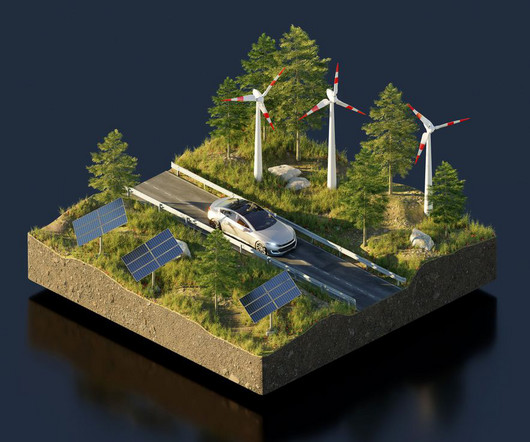Georgia Tech team develops highly efficient multi-phase catalyst for SOFCs and other energy storage and conversion systems
Green Car Congress
MARCH 17, 2018
Researchers at Georgia Tech, with colleagues in China and Saudi Arabia, have developed a rationally designed, multi-phase catalyst that significantly enhances the kinetics of oxygen reduction of the state-of-the-art solid oxide fuel cell cathode. This work demonstrates that a multi-phase catalyst coating (? —Chen et al.




























Let's personalize your content